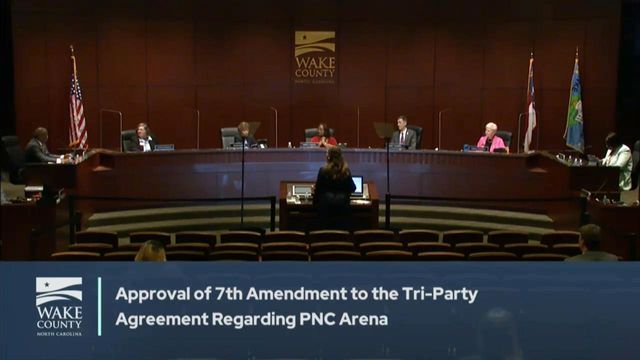Behind the Doc: Land of Opportunity
Too many people in our state, often influenced by inflammatory rhetoric, tend to paint Hispanic immigrants with a broad brush dipped in misconceptions and negative stereotypes.
Among them that they are poorly educated, low-skilled people coming to take our jobs and take advantage of our public education and welfare systems. Studies show the positive economic impact of Hispanic immigrants in our state far outweighs any social costs, and employers will tell you that they are not “taking” jobs, but merely filling positions that most Americans won’t take.
And while true that most Hispanic immigrants in North Carolina work in blue-collar industries like farming, construction, manufacturing and hog and poultry processing, an increasing number of them are also working in more white collar, professional fields. Many of those are the children of Hispanic immigrants who came here in the 1990’s and went on to college.
The Hispanic immigrants we interviewed for our documentary “Land of Opportunity” said they felt mostly welcome in our state, but a couple shared stories of discrimination and they talked about how hard that was to understand when they felt like any other American, trying to work hard, raise families and enjoy all the opportunities that our country has to offer. They shared a principle that I think most of us inherently understand: The less you know about a certain group of people the easier it is to buy into the false stereotypes. As it is with so many social problems, the answer to that is education.
In producing “Land of Opportunity” I hope people learn about the important economic contribution of Hispanic immigrants to our state, but more importantly learn that the rest of us have far more similarities with them than we do differences and that we are all members of the human race with many of the same hopes and dreams. The only real difference between us is our native language.









